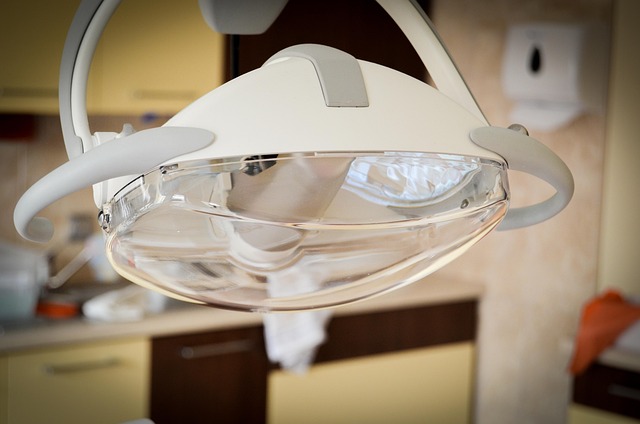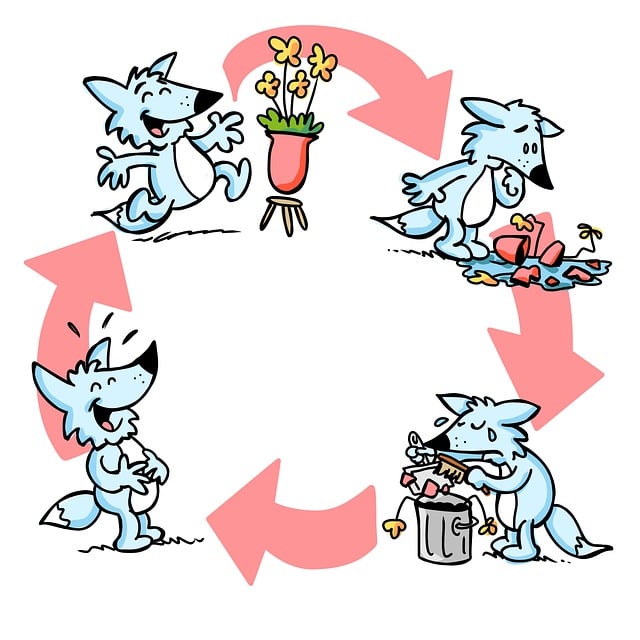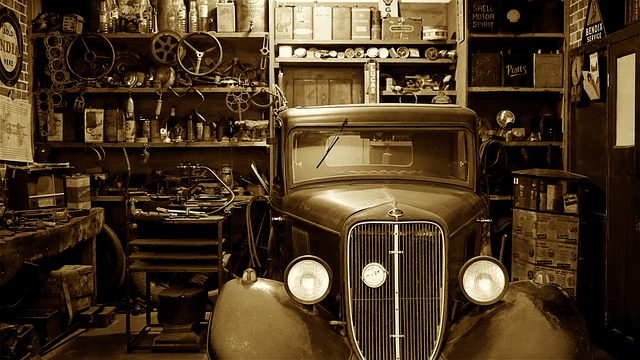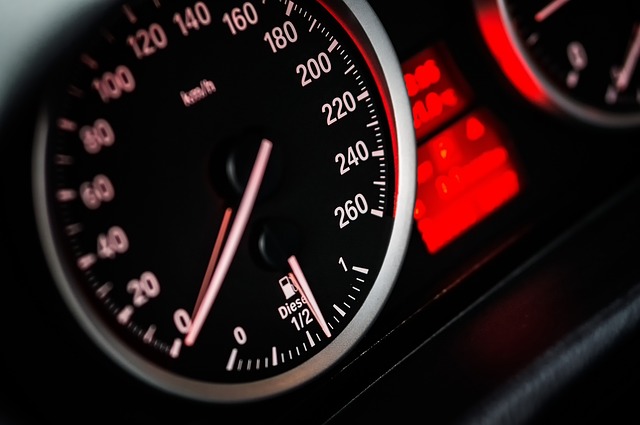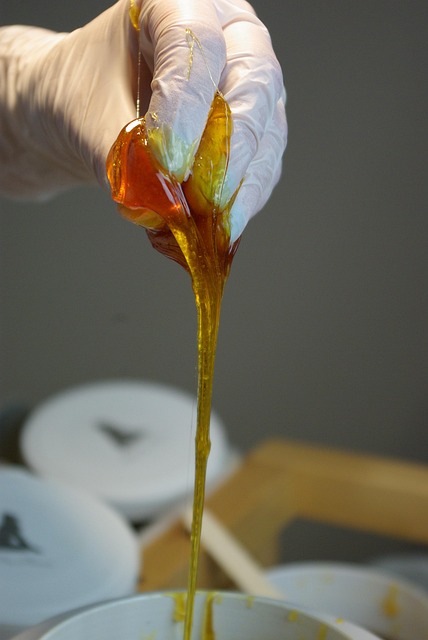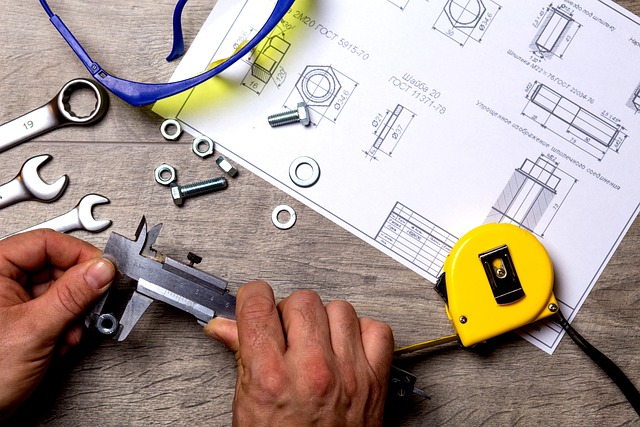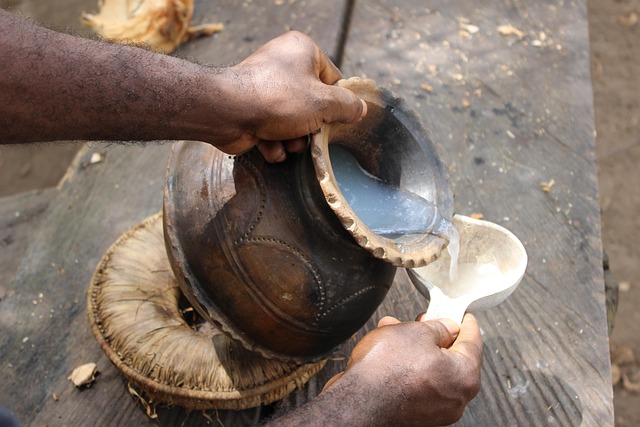Choosing between dealership workshops and independent shops for vehicle body repair depends on balancing cost, expertise, and part access. Dealerships offer specialized training and genuine OEM parts but may be more expensive with longer wait times. Independent shops provide personalized service, competitive pricing, and a broader range of skills, making them a popular choice for affordable yet quality repairs. Car owners should select established shops with qualified technicians based on positive reviews to ensure reliable vehicle body repair. Key factors include expertise, certification, modern equipment, and customer reviews.
When it comes to repairing your vehicle’s body, choosing between dealerships and independent shops can be daunting. This article breaks down the key differences, focusing on quality, cost, and service. We explore the pros and cons of each option, empowering you with insights to make an informed decision for your vehicle body repair needs. Discover why understanding these distinctions is crucial for ensuring top-notch repairs at a price that fits your budget.
- Understanding Dealership vs Independent Shops: What's the Difference?
- Pros and Cons of Each: A Detailed Look at Quality, Cost, and Service
- Making an Informed Decision: Factors to Consider for Your Vehicle Body Repair Needs
Understanding Dealership vs Independent Shops: What's the Difference?

When it comes to vehicle body repair, distinguishing between dealership workshops and independent shops is essential for car owners. Dealerships offer a range of services, including specialized training for technicians on the latest vehicle models. They have access to genuine parts, which can be a plus point for those seeking original equipment manufacturer (OEM) replacements. However, dealership repairs might come at a higher cost due to brand-specific diagnostics and repair procedures.
In contrast, independent shops provide more personalized service, often with competitive pricing. Technicians in these workshops may not be brand-specific experts but can offer a broader range of skills in fender repair, auto dent repair, and even complex auto frame repair tasks. They cater to various vehicle makes and models, making them a popular choice for those seeking affordable solutions without compromising on quality.
Pros and Cons of Each: A Detailed Look at Quality, Cost, and Service
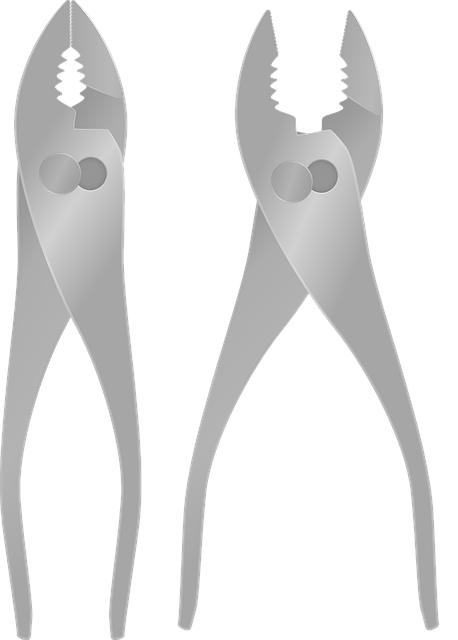
When it comes to vehicle body repair, dealerships and independent shops each have their unique advantages and drawbacks.
Dealerships offer the benefit of specialized auto body work performed by trained professionals who are intimately familiar with your specific make and model. They often have access to genuine parts, ensuring superior quality repairs that maintain the integrity and value of your vehicle. Dealership services are also conveniently bundled with other maintenance needs, streamlining the process for busy owners. However, dealership repair shops can be more expensive due to overhead costs and potential markups on parts. Wait times may also be longer as they prioritize other customers who require immediate attention.
Independent vehicle body repair shops, on the other hand, provide a cost-effective alternative with competitive pricing. They often have greater flexibility in terms of service hours and can offer personalized attention to each client. While some independent shops may specialize in certain makes or models, many are equipped to handle a wide range of auto body work, including automotive collision repair. However, the quality of repairs might vary, as these shops don’t always have access to genuine parts or the same level of brand-specific training as dealerships. It’s crucial for car owners to choose an established shop with qualified technicians and positive reviews for reliable service.
Making an Informed Decision: Factors to Consider for Your Vehicle Body Repair Needs
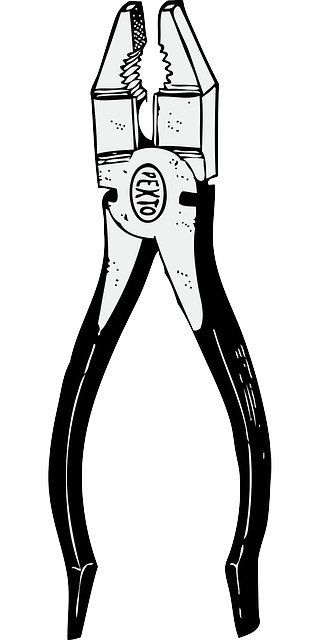
When choosing a place for your vehicle body repair needs, it’s essential to consider several factors that go beyond simply finding a shop in your area. Making an informed decision requires evaluating the capabilities and services offered by each option. Start by assessing their expertise in automotive collision repair and car dent repair, as these are core aspects of vehicle body restoration.
Research the reputation and experience of the technicians; certified professionals with specialized training in these areas will ensure your car receives top-tier care. Look into the shop’s equipment and technology—modern facilities equipped with advanced tools can offer faster turnaround times and more precise repairs. Additionally, consider customer reviews and ratings to gauge their satisfaction levels, as this can provide insights into the overall quality of service and after-sales support.
When deciding on vehicle body repair, whether choosing a dealership or independent shop depends on your specific needs and preferences. Dealerships offer convenience and comprehensive services, but independent shops often provide specialized care at competitive prices. By understanding the pros and cons of each option, you can make an informed decision that ensures quality, cost-effectiveness, and superior service for your vehicle’s unique requirements.

